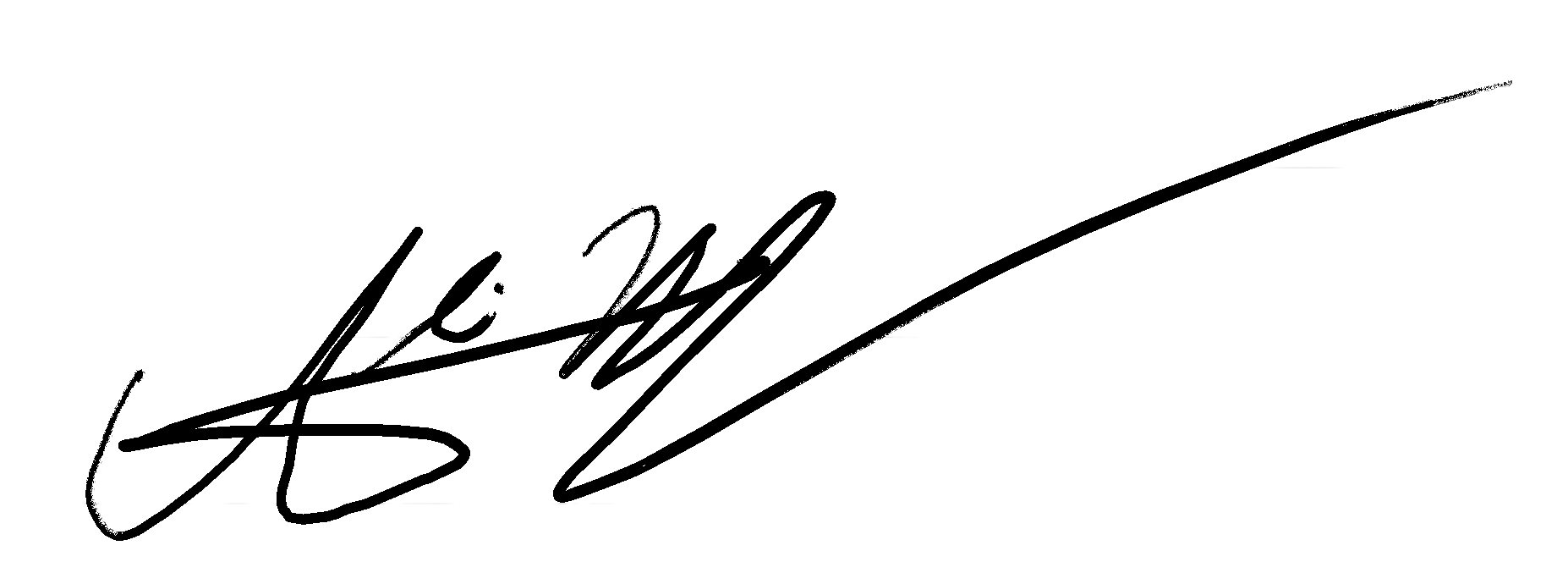What are you actually trying to do?
On why impressive work means nothing if it isn’t aimed, and how to name the deeper thing you’re actually building toward.
At some point, you have to answer this question.
Not for your resume. Not for investors. Not even for your parents.
For yourself.
What are you actually trying to do?
Not “What job do you want?”
Not “What field are you in?”
Not even “What problem are you solving?”
But really: Why are you doing any of this?
It’s a surprisingly hard question to answer.
Not because we don’t have reasons, but because most of us have never been forced to say them out loud.
Careers Are a Cover Story
Most people construct their lives like a patchwork of sensible steps.
You go to school, pick a major, get a job, maybe start a side project. You optimize. You grow. You move up.
But ask them why — ask what it’s all pointing toward — and the story starts to fray.
They’ll say things like:
“I want to help people.”
“I want to make an impact.”
“I want to work on interesting problems.”
And maybe all of that’s true. But it's usually a stand-in for something deeper they haven’t named yet. Something more personal. More specific. Often more uncomfortable.
The hard truth is: it’s easy to spend your whole life doing impressive things without ever doing the thing you actually meant to do.
The Wrong Question Will Take You Far In the Wrong Direction
A lot of high-achieving people start out trying to answer a different question:
“What am I good at?”
It’s a trap.
You can be good at lots of things you don’t care about.
You can build skills that make you money, earn you praise, even give you status — but still feel like none of it counts.
Because deep down, you’re solving for the wrong variable.
“Good at” is about capability.
“What am I trying to do?” is about orientation.
You can’t outsource that.
You’re Allowed to Have a Nonstandard Answer
Some people want to become world-class at one thing.
Others want to build institutions.
Others want to free their family. Or solve a problem they personally suffered. Or buy time. Or prove someone wrong. Or prove someone right.
There’s no universally correct reason to build a life — but there is something dangerous about not knowing your own.
Because if you don’t know what you’re trying to do, the world will hand you a script.
And it’ll look just prestigious enough to keep you busy forever.
My Answer, FWIW
For a long time, I tried to juggle answers I thought people wanted to hear.
“I’m going to be a doctor.”
“I’m building a business.”
“I’m learning to code.”
“I’m studying AI in healthcare.”
“I’m writing a newsletter to grow an audience.”
All technically true. But none of them answered the actual question. They were artifacts — not intent.
Eventually, I sat down and tried to name the thread running through everything.
It was this:
I want to give good people more power.
And I want to become someone who can move the needle in systems that feel too big to change.
Medicine gives me context and legitimacy.
Business gives me speed and leverage.
Writing helps me think clearly and attract others trying to do the same.
That’s what I’m actually trying to do. Not just win games — but build something deeper.
That clarity made a lot of decisions easier.
The Pattern I Keep Seeing
Everyone I know who’s doing something meaningful — really meaningful — eventually hits a wall where they have to stop optimizing and start orienting.
They stop asking, “How can I win the game I’m in?”
And start asking, “What game is worth playing at all?”
They realize they don’t just want to be good — they want to be aimed.
That’s when things start to click. Projects align. Energy returns. Tradeoffs become easier, because you’re trading for something.
A Simple Prompt
Here’s the one I keep coming back to:
“If you stopped trying to be impressive, what would you still feel compelled to build?”
That’s usually closer to the real answer.
And once you can name it — what you’re actually trying to do — you don’t need a five-year plan. You just need to take the next honest step toward it.
— Ali
Thinking in Public is a reader-supported publication. To receive new posts and support my work, consider becoming a free or paid subscriber.
